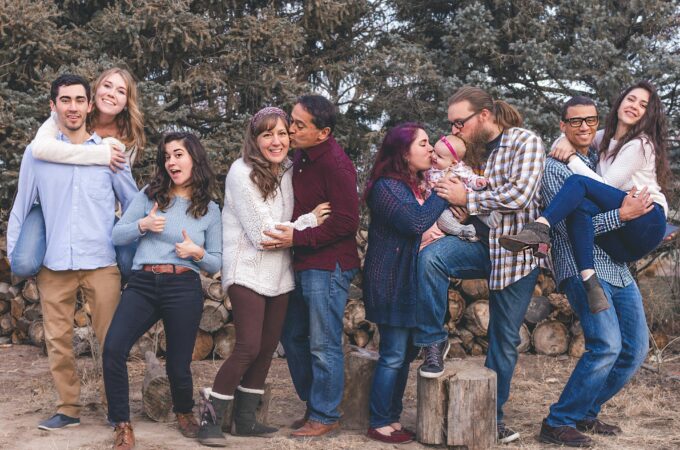Anna Chen, Associate, Gowling WLG (Canada) LLP This was the question addressed in the recent decision Orr v Orr, 2025 ONSC 4986. In Orr, 82-year-old William Orr (“Bill”) was diagnosed with advanced Alzheimer’s Disease and moved into a secure ward at McCormick Home, an accredited long-term care home in London,…
Category: Caregiving
This blog post was written by Dave Madan, Senior Manager, Scotiatrust Elder abuse remains one of the most underreported and misunderstood social issues, often concealed beneath the veneer of familial obligations and trust-based relationships. For professionals, understanding the intricate dimensions of elder abuse is not only a matter of professional…
In our last blog post, Lifestyle Changes Bring Increased Risk to Older Clients – Part1, we explored the need to rethink the planning paradigm for older clients and actively shift to assuming a 100-year lifespan. However, a 100-year lifespan does not necessarily equal 100 years of good health. We know…
We live in interesting times. This phrase has been coming to mind all week after meeting with a family who is managing the care of their elderly father with advanced Alzheimer’s disease. They asked questions about managing his care and shared their other daily challenges. For example, like you, they…
Spain is near the top of the list of Canadians who want a European retirement base, and Madrid is one of my favourite cities. The weather is one of many advantages to spending time in Madrid, so I decided to revisit it earlier this month. Older Canadians are back to…
Many of us are speaking to our clients about estate planning or supporting clients who are speaking to their other advisors about estate planning. Have you thought about the questions that we pose to such clients. Have you thought about your estate plan? Is your will drafted as per your…
Today’s blog post was written by Latoya Brown, an Associate at Fasken LLP. The discussion of discriminatory wills continues with a new case out of the British Columbia Supreme Court. In Lam v Law Estate, 2024 BCSC 156, the court varied a testatrix’s will on the reasoning that the testatrix’s…
Elder care gaps occur as family structures change, and there may be unanticipated and challenging consequences. For parents who have long divorced, those who have remarried, and those with blended families, this may mean that adult children are now dealing with three or more parents and stepparents. As the caregiver…
Recently, an elderly patient suffering from moderate-to-advanced stage dementia, with behavioural complications, was hospitalized on a psychiatric admission. The patient, who was declared incapable to consent to treatment, was initially held involuntarily under the Mental Health Act, RSO 1990, C M.7 (the “MHA”). The patient had appointed a cousin as…
On June 20, 2024, I attended the annual Ontario Bar Association’s Elder Law Day, where several informative presentations noted the rise in personal care disputes. Speakers also explored approaches that lawyers might consider to manage these disputes. The presentations triggered me to write about common issues we see related to…







